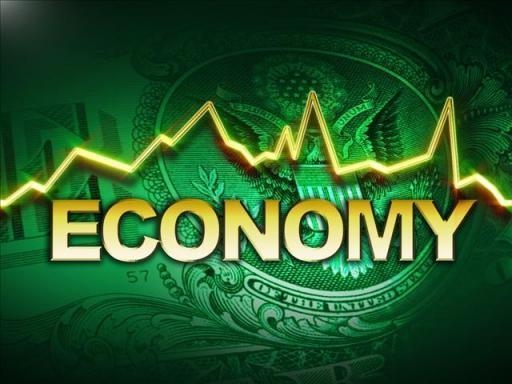Market Data

January 31, 2020
Chicago Business Barometer Drops to Five-Year Low
Written by Sandy Williams
The Chicago Business Barometer, a leading indicator of Midwest manufacturing, dropped to its lowest level since December 2014, said MNI Indicators. The PMI posted a reading of 42.9 in January following two months of gains. The three-month average dipped to 45.9. Any reading below 50 indicates contraction.
New orders fell 6.1 points to 41.5 and production dropped 3.8 points to 42.7, its lowest level since July 2019. Order backlogs were at a four-year low, plummeting 10.2 points to 34.6.
The Inventory Index fell to 40.2 for its lowest level since May 2016 and its sixth consecutive month in contraction.
Supplier deliveries dipped to 53.3, but remained above the 50 mark. Factory gate prices were down 2.1 points to 56.1 for a two-month low.
“Manufacturing is still very weak, but it appears not to be weakening further on a national scale,” said Ian Shepherdson, chief economist at Pantheon Macroeconomics.
When asked if the signing of the USMCA agreement would improve supplier lines, 60 percent of survey participants said there would be no improvement at all and 40 percent expected little change.
Asked about planned business activity for the year, 50 percent expect growth below 5 percent, 43 percent forecast 5 to 10 percent growth and 7 percent predict growth above 10 percent.
The Chicago Barometer has been among the weakest of the regional manufacturing surveys. The ISM Manufacturing Index, due to be released next week, is expected to show improvement from December’s reading of 47.2 percent.
Below is a graph showing the history of The Chicago Business Barometer. You will need to view the graph on our website to use its interactive features; you can do so by clicking here. If you need assistance logging in to or navigating the website, please contact us at info@SteelMarketUpdate.com.








